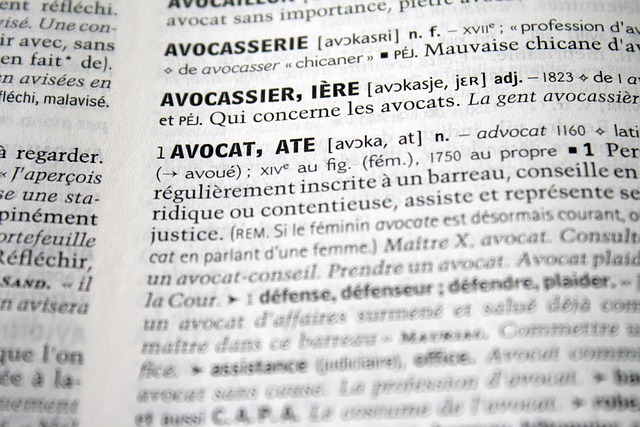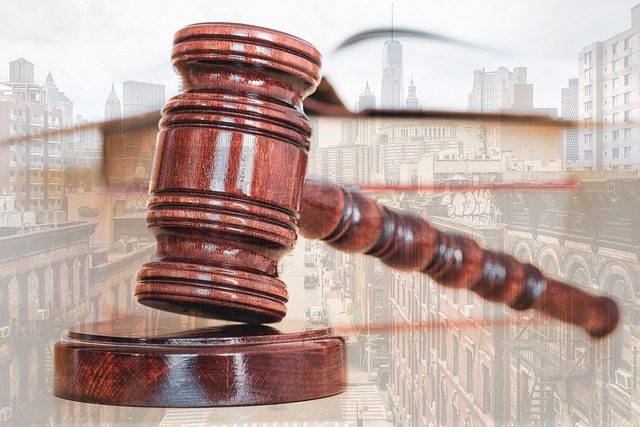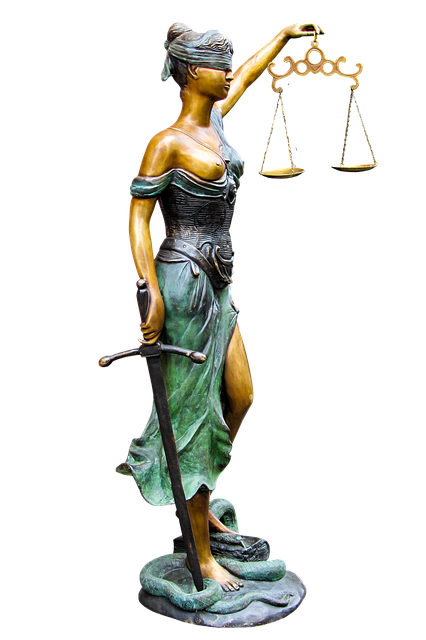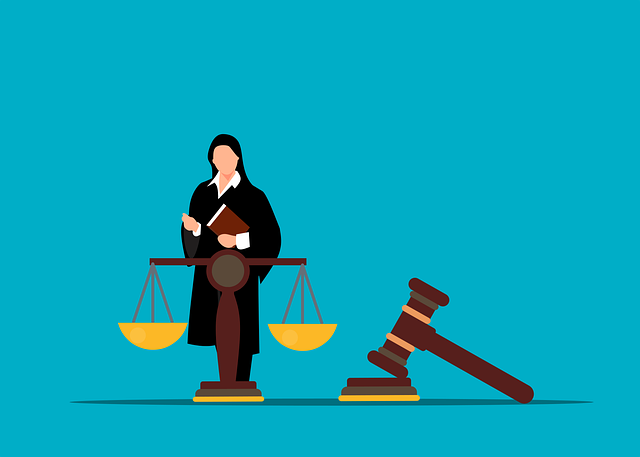Injury mediation is a structured, out-of-court process facilitated by a neutral third-party mediator to resolve personal injury claims. It's ideal for auto accidents, offering faster and less adversarial settlements. Choosing the right mediator involves selecting someone with expertise, strong communication skills, knowledge of relevant laws, and negotiation strategies. Identify your needs, research mediators' credentials and experience, prepare relevant documents, and articulate your position clearly to achieve a mutually agreeable resolution.
Choosing the right mediator is crucial for a successful injury mediation. This process involves understanding the role of a mediator, who facilitates communication and aids in reaching an agreement between parties. In this article, we explore the key qualities and expertise to look for in an injury mediator, as well as guide you through the selection process and preparation for your session. By following these steps, you can enhance the likelihood of achieving a fair and mutually agreeable resolution in your injury mediation.
- Understanding Injury Mediation and the Role of a Mediator
- Qualities and Expertise to Look for in an Injury Mediator
- The Process of Selecting and Preparing for Your Mediator Session
Understanding Injury Mediation and the Role of a Mediator

Injury mediation is a structured process aimed at resolving personal injury claims outside of court. It’s a collaborative approach where a neutral third party, known as a mediator, facilitates negotiations between the injured party and the responsible party or their insurance representatives. The mediator helps both sides communicate effectively, exchange information, and ultimately reach an agreement on compensation.
The role of a mediator is critical in injury mediation. They act as an impartial facilitator, ensuring all parties have a chance to voice their concerns and interests. A good mediator listens actively, maintains confidentiality, and guides the discussion towards mutually acceptable solutions. Unlike a judge or lawyer, mediators don’t make decisions but rather empower participants to find their own resolutions. This process can be particularly beneficial for personal injury cases, including auto accidents, as it allows for faster, less adversarial, and often more cost-effective settlements without involving a personal injury attorney.
Qualities and Expertise to Look for in an Injury Mediator

When selecting a mediator for injury mediation, it’s crucial to choose someone with exceptional qualities and expertise. Look for a neutral third-party with extensive experience in handling various types of personal injury claims. They should possess strong communication skills, enabling them to facilitate clear dialogue between all parties involved, especially when emotions run high after an accident or traumatic event.
The ideal mediator should also have a deep understanding of both state and federal laws related to injury mediation and breach of contract. This knowledge ensures they can guide the process effectively, ensuring fairness and adhering to legal requirements. Additionally, expertise in negotiation strategies is vital, as mediators play a significant role in helping parties reach mutually agreeable settlements without going to trial.
The Process of Selecting and Preparing for Your Mediator Session

Choosing the right mediator for injury mediation is a crucial step in resolving your case effectively. The process begins with understanding your specific needs and goals. As an injured party or their representative, consider what qualities are most important to you in a mediator. Is it their experience in handling similar cases like truck accidents or elder abuse? Or perhaps their ability to create a safe, neutral environment for all parties involved, which is especially significant when dealing with sensitive issues such as nursing home abuse.
Once you’ve identified your priorities, research potential mediators thoroughly. Check their credentials, background, and specializations. Look for mediators who not only have extensive experience in injury mediation but also possess strong communication skills, impartiality, and a commitment to resolving disputes fairly. Preparation is key; before the session, gather all relevant documents, evidence, and be ready to articulate your position clearly. This ensures that the mediator can facilitate a productive discussion leading to a mutually agreeable resolution for all parties.
Choosing the right mediator is pivotal for a successful outcome in injury mediation. By understanding the key qualities, expertise, and following a structured selection process, you can ensure your mediator effectively navigates complex discussions, fosters a collaborative environment, and helps reach a mutually agreeable resolution. Remember, the right mediator will not only guide but also empower both parties to find justice and closure.






